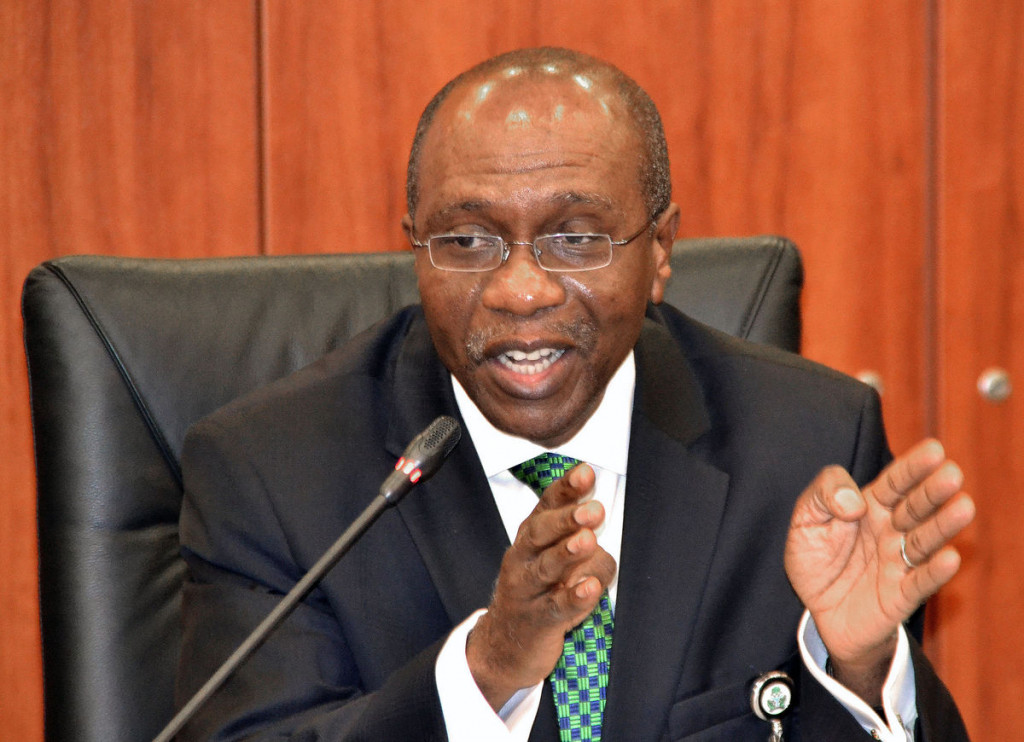CBN adds 7,552 BVN to watchlist as eNaira transactions reach 1.4m
The Central Bank of Nigeria (CBN) has placed 7,552 Bank Verification Numbers (BVN) on its watchlist in case they are used in fraudulent transactions. This comes at the same time as the Central Bank Digital Currency (CBDC), also known as eNaira, has recorded 1.4 million transactions to date, which represents an increase of 100 percent compared to the 700,000 transactions that were recorded in November 2022.
In a similar vein, Nigeria is transitioning towards cashless and other contactless payment options, such as QR Codes and NFC, amongst others, for the purpose of facilitating seamless financial transactions throughout the country.
Yesterday, in Calabar, Cross River State, at the 34th Finance Correspondents and Business Editors seminar, the topic of discussion was “Implementing a Robust Payment Architecture Prospects, Opportunities, and Challenges.” The governor of the Central Bank of Nigeria (CBN), Godwin Emefiele, stated that the Nigeria payment system landscape has continued to record significant changes and development.
Emefiele, who was represented by Dr. Hassan Mahmud, the director of Monetary Policy, stated that since the launch of eNaira, the central bank has continued to modify the features of the digital currency in order to make it more accessible to a wider variety of users.
“In today’s day and age, one does not require a smartphone in order to use the eNaira because it has become compatible with all generations of mobile devices (both new and old).” Over 1.4 million transactions have been completed using the eNaira platform to this day,” he added.

He emphasised that the apex bank took advantage of the opportunity by launching the eNaira in October 2021, saying that the introduction of COVID-19 without a doubt triggered rapid advancements in financial technology, leading to speedy digitisation of money and finance. He said this was the case.
It was noted by him that the eNaira was developed to expand the payment options available to Nigerians and to foster digital financial inclusion. Additionally, it has the potential to speed up both intergovernmental and social transfers.
Read Also: NCC Awards N1.1bn Contract To LAUTECH For Virtual Examination Centre
The governor of the Central Bank of Nigeria (CBN) also disclosed that the total enrolment of BVN users as of March 31, 2023 stood at 57.43 million. He added that the BVN has also assisted the industry in investigating fraud and other crimes associated with the sector.
“The BVN is providing assistance in the creation of credit profiles for banking customers, which will assist in the improvement of access to credit for credit-worthy borrowers provided by financial institutions. The BVN has continued to play an important role in our Know Your Customer (KYC) requirements as a component of our plans to alleviate the burden associated with improper identification of banking customers. He was quick to point out that “we have continued to support the aggressive enrolment of prospective banking customers in the informal sector onto the BVN system.”
Emefiele made note of the fact that cyber threats and the fraudulent activities of fraudsters continue to threaten the resiliency of payment platforms, and that the confidence of the general public is negatively impacted as a result of these activities. He revealed that there is a concerted effort being made by the Central Bank of Nigeria and other players in the industry to put a stop to the nefarious activities that are being carried out by these fraudsters.
According to him, “in response to the challenges posed by cyber threats, the CBN is addressing these hiccups with the Nigeria Electronic Fraud Forum (NeFF), the payment card industry data security standard, the financial industry cybersecurity fusion centre, and other initiatives against cybersecurity and fraud in Nigeria.”
He stated that in order to achieve minimal cybersecurity threats in the payments system, the bank will also continue to adopt a collaborative approach and then made the following promise: “a holistic mechanism for addressing cybersecurity threats requires policy and operational actions by all stakeholders.”
“As you are aware, the Bank will be implementing a Risk-Based Cyber-Security Framework and Guidelines for Other Financial Institutions beginning January 2023. This will ensure that these institutions are able to maintain their operational resilience in the face of cyber-security threats.
In his paper, the director of Payment Systems Management at the CBN, Musa Jimoh, who was represented by the deputy director of Payment Systems, Adefuye Adeyemi, revealed that there are 7,552 people on the BVN watchlist for fraudulently related transactions.
According to him, the CBN is now able to track fraudulent individuals and entities thanks to the centralisation of the BVN. These individuals and entities are said to have engaged in fraudulent activities such as forgery, compromise, complicity, fraudulent duplicate enrolment, and any other fraudulent infraction with or without a monetary value.
Speaking further on the cardless and other contactless payment options, he said that the banking industry is quickly evolving towards cardless and other contactless payment options, and he added that the regulator has issued robust regulations to standardise the operations of contactless payments in Nigeria. He was referring to the fact that the cardless and other contactless payment options are becoming increasingly popular.
It is an innovative payment option for the safe and efficient conduct of low-value, large-volume payments, as he pointed out, and contactless payments allow for financial transactions to be completed without the need for any physical contact between the payer and the devices that are acquiring the payments.
He emphasised that this, in addition to other payment initiatives, has helped open a vista of new opportunities in the payment ecosystem. He said that as a result of these ground-breaking technological advancements, the market has witnessed the deployment of new payment solutions.
“Artificial intelligence, quantum computing, and contactless payment systems are just a few of the areas that are creating new opportunities for operators. He emphasised that the Payments System Vision (PSV) 2025 contains several recommendations that are aimed at driving implementation of some of the most recent technologies to ensure the system’s resilience and safety. This document was just recently launched.
He emphasised that the Nigerian payments and financial services sector is ranked among the best in terms of innovation, regulation, and resilience. He also noted that in order to maintain the successes that have been achieved, it is essential to have the support of all of the financial institutions and stakeholders.
In this regard, he stated that the Central Bank of Nigeria (CBN) is prepared to continue to strengthen the institutional and regulatory frameworks that would encourage further development of the payments system and promote the usage of secure and credible electronic products in accordance with the PSV 2025 strategic plan.




Comments are closed, but trackbacks and pingbacks are open.